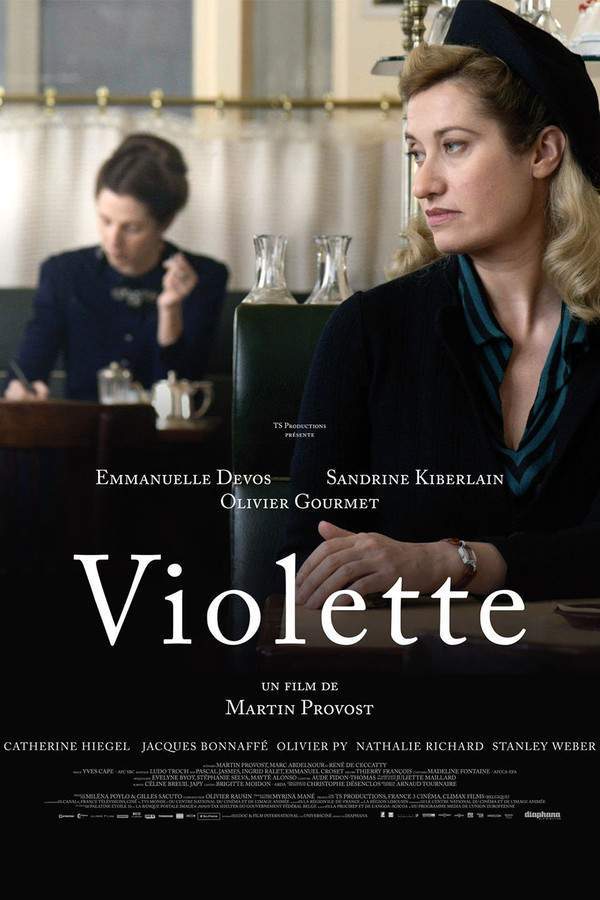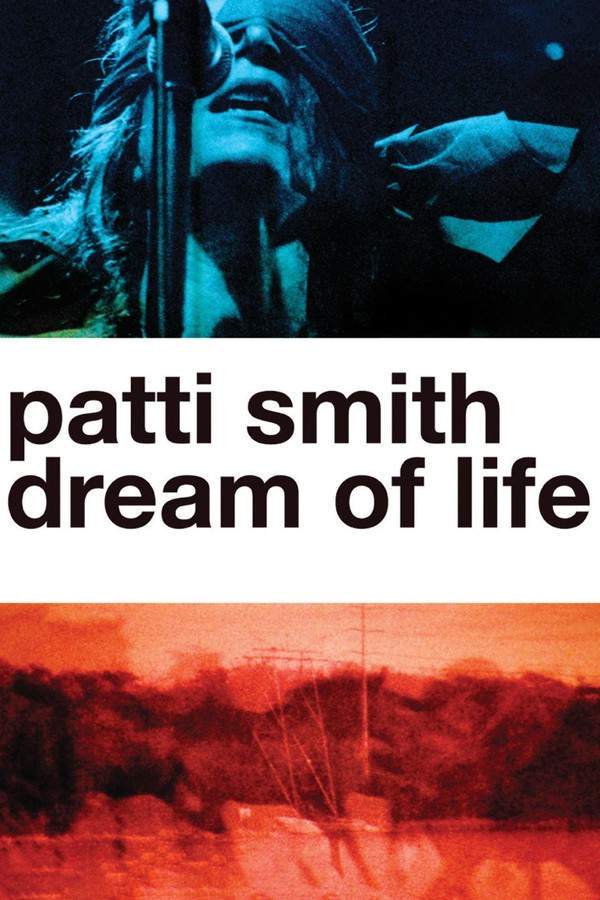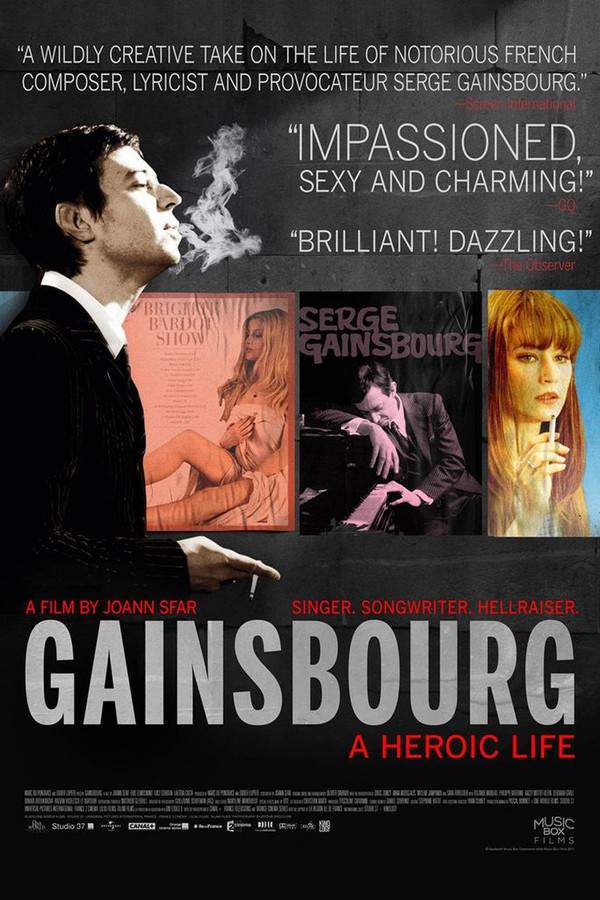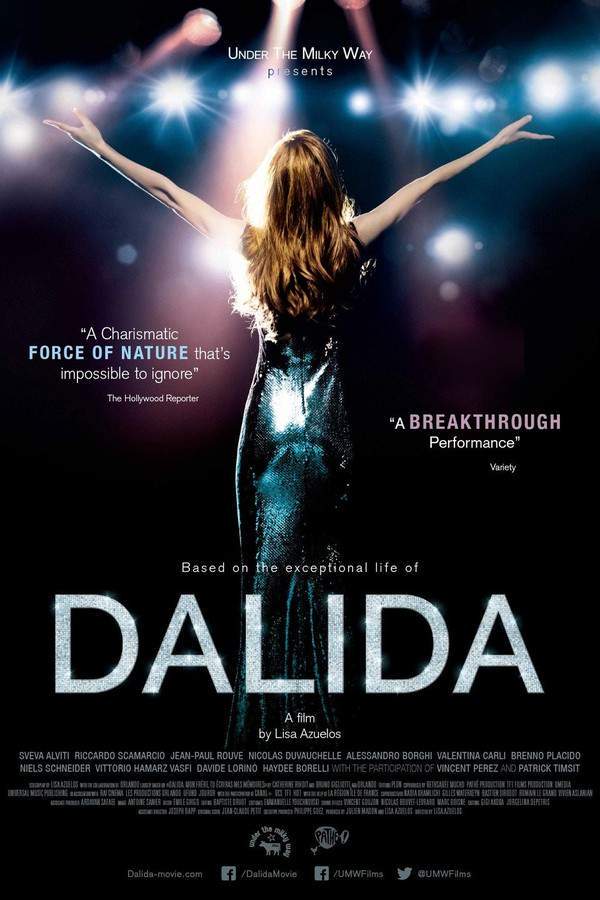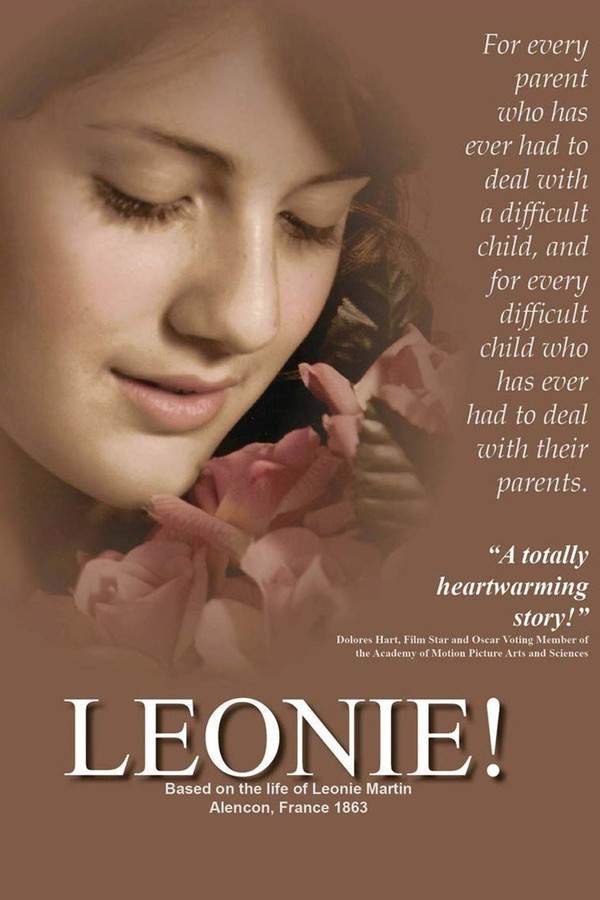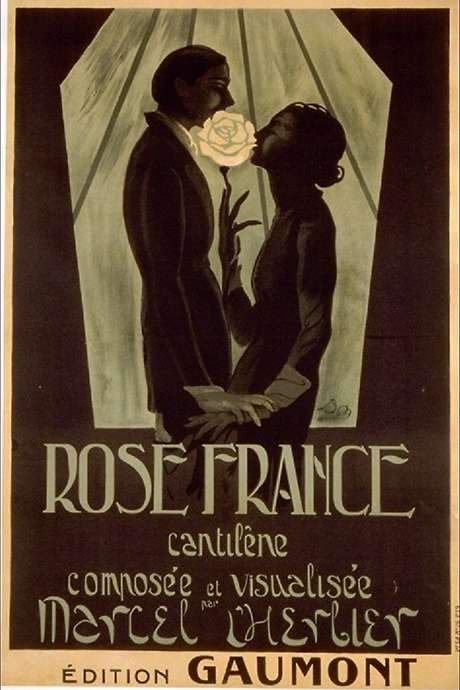La Vie en Rose 2007
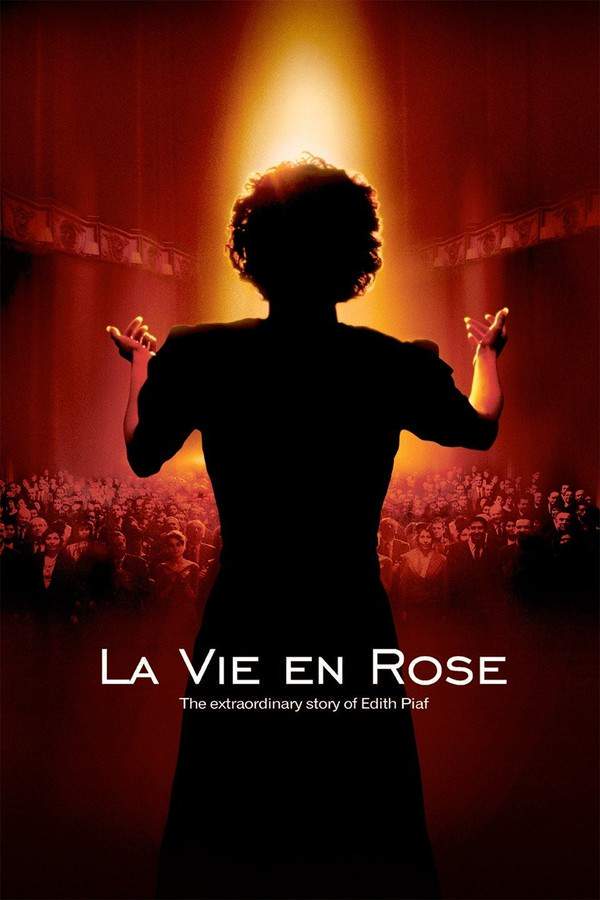
Born in poverty and raised in difficult circumstances, Edith Piaf rises from the streets of Paris to become France's most iconic singer. With the help of composer Louis Leplee, she overcomes crippling shyness and finds fame in the Parisian music scene. The film explores Piaf's extraordinary journey, highlighting her fierce determination and the profound impact of her unforgettable voice on the 20th century.
Does La Vie en Rose have end credit scenes?
No!
La Vie en Rose does not have end credit scenes. You can leave when the credits roll.
Meet the Full Cast and Actors of La Vie en Rose
Explore the complete cast of La Vie en Rose, including both lead and supporting actors. Learn who plays each character, discover their past roles and achievements, and find out what makes this ensemble cast stand out in the world of film and television.
External Links and Streaming Options
Discover where to watch La Vie en Rose online, including streaming platforms, rental options, and official sources. Compare reviews, ratings, and in-depth movie information across sites like IMDb, TMDb, Wikipedia or Rotten Tomatoes.
Ratings and Reviews for La Vie en Rose
See how La Vie en Rose is rated across major platforms like IMDb, Metacritic, and TMDb. Compare audience scores and critic reviews to understand where La Vie en Rose stands among top-rated movies in its genre.

66
Metascore
7.5
User Score

7.7 /10
IMDb Rating

74
%
User Score
Take the Ultimate La Vie en Rose Movie Quiz
Challenge your knowledge of La Vie en Rose with this fun and interactive movie quiz. Test yourself on key plot points, iconic characters, hidden details, and memorable moments to see how well you really know the film.
La Vie en Rose Quiz: Test your knowledge on the life and trials of Édith Piaf as depicted in the film 'La Vie en Rose'.
What year does the story of Édith Piaf begin?
1918
1923
1930
1940
Show hint
Awards & Nominations for La Vie en Rose
Discover all the awards and nominations received by La Vie en Rose, from Oscars to film festival honors. Learn how La Vie en Rose and its cast and crew have been recognized by critics and the industry alike.
80th Academy Awards 2008
61st British Academy Film Awards 2008

Best Costume Design
Best Makeup and Hair
Best Original Music
Best Production Design
Best Sound
Best Film Not in the English Language
13th Critics' Choice Awards 2008

Best Foreign Language Film
14th Annual Screen Actors Guild Awards 2008

65th Golden Globe Awards 2008

Full Plot Summary and Ending Explained for La Vie en Rose
Read the complete plot summary of La Vie en Rose, including all major events, twists, and the full ending explained in detail. Explore key characters, themes, hidden meanings, and everything you need to understand the story from beginning to end.
The film intricately explores the extraordinary journey of Édith Piaf, portrayed by Marion Cotillard, weaving together the tender moments of her childhood with the bittersweet reflections of her later life. Starting in 1918, young Édith’s chaotic upbringing forces her to live with her paternal grandmother in Normandy, who operates a brothel. Here, she encounters the harsh realities of life, a situation further complicated when she suffers from temporary blindness due to keratitis. During this challenging time, a sex worker named Titine offers her gentle support, guiding Édith through her struggles.
As Édith’s father, a World War I veteran, attempts to reclaim her from their nomadic lifestyle marked by his unfulfilling career as a circus acrobat, she experiences a transformative moment when she glimpses a mystical vision of St Thérèse amidst the captivating performance of a fire-eater. This profound experience plants the seeds of conviction within her soul, shaping her future aspirations.
At the tender age of nine, her father’s departure from the circus brings a new chapter filled with desperation as they take to the streets of Paris. During one of his lackluster performances, a member of the onlooking crowd inquires whether Édith is part of the act, prompting her to sing “La Marseillaise” with unfiltered emotion, captivating everyone present.
Years later, she is taken under the wing of nightclub owner Louis Leplée, who assigns her the stage name Piaf, derived from her petite stature of 1.47m (4 ft 8 in). However, tragedy strikes with Leplée’s murder, leading to rumors linking Édith to the mafia. As she grapples with humiliation when faced by a hostile crowd during an attempted show, she finds herself seeking solace with Raymond Asso, who endeavors to reignite her stage presence through discipline in her craft.
Despite the storms of her life, Édith’s unwavering spirit propels her toward destiny. With fame shining brightly upon her in New York City, she crosses paths with Marcel Cerdan, a charismatic French boxer. Their romance blossoms against the backdrop of “La Vie En Rose,” a song that becomes a constant part of Marcel’s life. However, tragedy strikes when Marcel’s plane crashes, leaving Édith utterly heartbroken.
As the narrative unfolds, it masterfully juxtaposes scenes from Édith’s middle years with flashes of her past, highlighting her battle against arthritis and morphine addiction. Her husband, Jacques Pills, encourages her to seek recovery, leading to unforgettable moments such as her carefree adventures on the open road in California, filled with humor and joy.
In later years, an aging Édith finds herself in conflict with her team regarding her capability to perform at the esteemed Olympia. When presented with the heartfelt song “Non, je ne regrette rien” by Charles Dumont and Michel Vaucaire, she finds joy, pledging to deliver it on stage.
As she prepares for her final performance, Édith requests her beloved cross necklace, which symbolizes her enduring faith and identity. In a moment of serene reflection, she recalls significant memories of her past, enriched by the rich tapestry of her experiences. With the cross around her neck and a resolute glimmer in her eyes, she steps onto the stage, leading audiences through her journey via poignant flashbacks, where we see her youthful spirit and passion come alive once more.
As the clock inches forward, Édith’s once vibrant life flickers dimly. In her final hours, reflections of her childhood resurface, punctuated by tender memories of her mother and the haunting absence of her lost child, Marcelle. The echoes of her iconic past resonate as she recalls performing “Non, je ne regrette rien” with an intensity that now feels a distant memory, a bittersweet reminder of a formidable life that once thrived fully before the inevitable shadow of mortality closes in.
Uncover the Details: Timeline, Characters, Themes, and Beyond!

Coming soon on iOS and Android
The Plot Explained Mobile App
From blockbusters to hidden gems — dive into movie stories anytime, anywhere. Save your favorites, discover plots faster, and never miss a twist again.
Sign up to be the first to know when we launch. Your email stays private — always.
Watch Trailers, Clips & Behind-the-Scenes for La Vie en Rose
Watch official trailers, exclusive clips, cast interviews, and behind-the-scenes footage from La Vie en Rose. Dive deeper into the making of the film, its standout moments, and key production insights.
La Vie en Rose Themes and Keywords
Discover the central themes, ideas, and keywords that define the movie’s story, tone, and message. Analyze the film’s deeper meanings, genre influences, and recurring concepts.
La Vie en Rose Other Names and Titles
Explore the various alternative titles, translations, and other names used for La Vie en Rose across different regions and languages. Understand how the film is marketed and recognized worldwide.
Articles, Reviews & Explainers About La Vie en Rose
Stay updated on La Vie en Rose with in-depth articles, critical reviews, and ending explainers. Explore hidden meanings, major themes, and expert insights into the film’s story and impact.
Similar Movies To La Vie en Rose You Should Know About
Browse a curated list of movies similar in genre, tone, characters, or story structure. Discover new titles like the one you're watching, perfect for fans of related plots, vibes, or cinematic styles.
Quick Links: Summary, Cast, Ratings, More

What's After the Movie?
Not sure whether to stay after the credits? Find out!
Explore Our Movie Platform
New Movie Releases (2025)
Famous Movie Actors
Top Film Production Studios
Movie Plot Summaries & Endings
Major Movie Awards & Winners
Best Concert Films & Music Documentaries
Movie Collections and Curated Lists
© 2025 What's After the Movie. All rights reserved.















